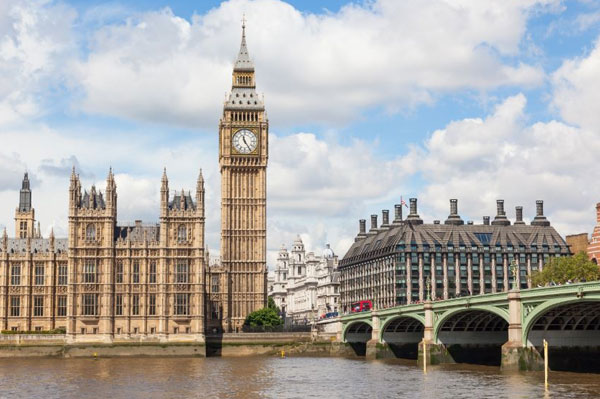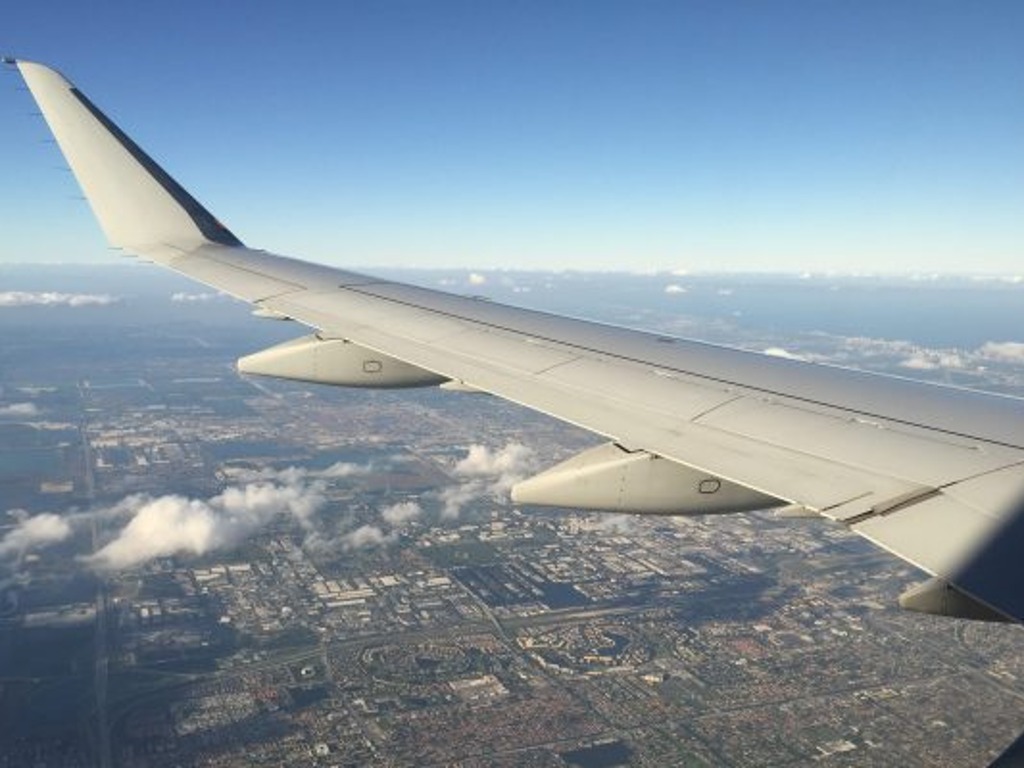Spike Could Jeopardize UK Domestic Travel Recovery

While there is strong demand for staycations in the UK being strong, the rise in COVID-19 infections and the requirement to self-isolate if ‘pinged’ could jeopardize summer plans, and tourism operators could miss out on much-needed revenue this summer, according to GlobalData.
In its live poll, the data and analytics company found that domestic holidays are set to be the most popular in the coming 12 months, with 30% of UK respondents opting for this type of trip, marginally lower than the 32% of global respondents preferring domestic travel.
With restrictions continuously changing for international travel, domestic holidays seem a safer bet in the immediate term.
Gus Gardner, associate travel and tourism analyst at GlobalData, explained that: “Despite high demand, the large spike in cases across the UK could reduce some travellers’ confidence. With cases rising, travellers are more likely to adopt a cautious approach towards summer travel. Travel businesses preparing for a busy summer could experience a wave of cancelations or postponements as some shy away from crowded tourism areas as cases rise, despite restrictions easing.”
GlobalData notes that the ‘pingdemic’ has hit the UK hard, with 618,903 people receiving a notification to self-isolate in the period between July 8 and 14. This is a 17% rise from the previous week.
Said Gardner: “With a record number pinged, travel is likely to experience disruption this summer. A period of isolation is on the cards for those pinged, and being restricted to home quarantine will impact holiday bookings. Pinged individuals with imminent bookings are likely to cancel as they can no longer travel.”
He continued: “With cases increasing due to the highly transmissible Delta variant and more being instructed to isolate, travel looks set for a bumpy season. Despite restrictions easing and the hope for a summer revival being high, the ‘pingdemic’ has the potential to restrict travel and inhibit the UK’s domestic recovery.”
In order to bolster bookings, many operators introduced generous refund policies and could be facing the prospect of refunding travellers if cases rise, and travel bookings are impacted.
Gardner points out that: “Attractive refund policies have driven increased sales for many operators, however, the rise in COVID-19 cases could begin to impact operator’s revenue. Cash flow could dry up for operators impacted by a high volume of cancelations, income could fall, and financial struggles could continue.”
Go to www.globaldata.com for more.


